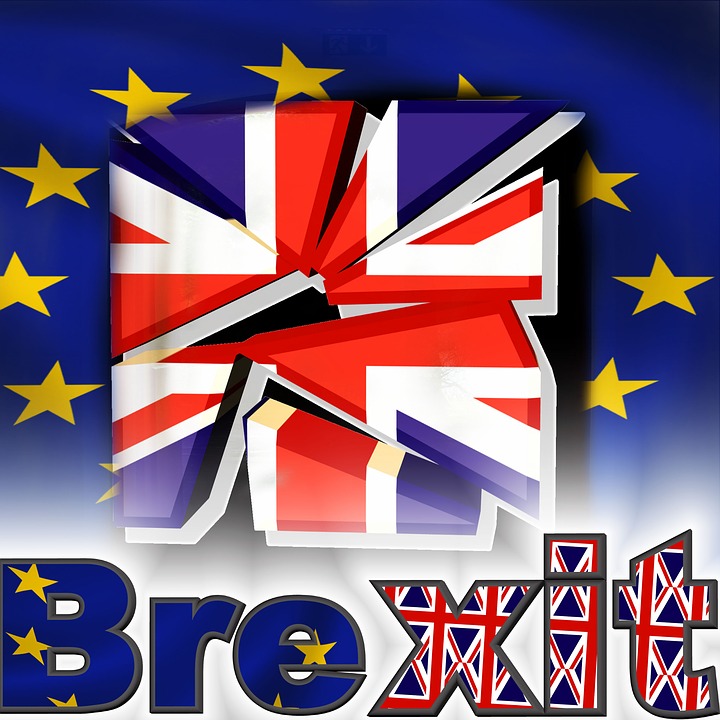Social sharing through the likes of Facebook and Twitter has helped Brits better understand the issues underpinning the EU referendum vote according to a national survey. Maybe that’s not a surprise, but the research also found that some people actually changed how they were going to vote based on information they’ve seen on social media.
In fact, the results from CloudNine PR‘s UK survey of 1000 adults (completed as the nation went to to the polls on 23rd June) suggests 6% of all those questi oned (yes 6% of the total) said the information they discovered through social media had played a role in helping them change their minds about which side would get their vote.
oned (yes 6% of the total) said the information they discovered through social media had played a role in helping them change their minds about which side would get their vote.
An even bigger number – 24% – said social media shares and updates served to reinforce their decision about the way they had already planned to vote. While 20% admitted the information they found on social media just confused them more according to the
Overall one in four Brits (26%) used social networks to share and receive information about the EU referendum in the run up to polling day. 24% of the whole sample also said social media helped enhance their understanding of the issues connected with the referendum in the survey.
Recent research suggests that half of all web users use social media to find news each week, with increasing numbers saying it’s their main news source. Our survey highlights how people are taking things to the next level by actively exchanging and discussing news and articles they find on social media. Social networking is a powerful way of debating issues such as the referendum and getting people engaged. And with the two sides in the referendum so closely tied right up to polling day, perhaps social media might have made that little bit of difference in the final result.
Despite the rise of social media, the survey found that 35% of people still prefer to use email to share information on issues such as the referendum, believing email to be more private.
6% of those who were asked said they prefer to share information on messaging apps such as WhatsApp and SnapChat again because of greater perceived privacy. These findings back up the suggestion that there’s a trend in which some people are now turning away from the traditional social networks in favour of messaging apps which seem to offer more control and privacy over day to day communications.
We commissioned an online Usurv survey of 1000 adults in the UK which was conducted on 22nd and 23rd June, 2016.